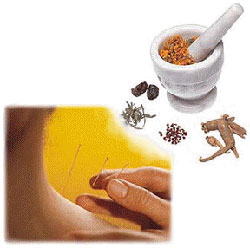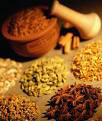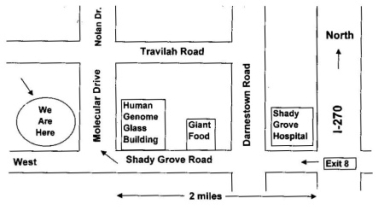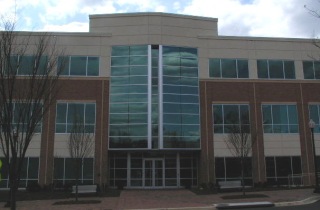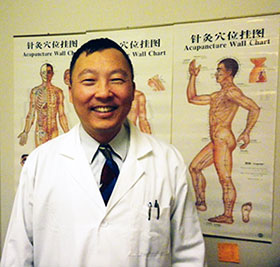
Sheng Wang, CMD, L.Ac
Diplomate in Acupuncture (NCCAOM)
Traditional Chinese Herbologist
Sheng Wang CMD L.AC is credentialed as a medical doctor in China, known as a Doctor of Chinese Medicine CMD and Master Chinese Herbalist here the United States. He is a Licensed Acupuncturist and Master Herbalist Board Certified to practice in the state Maryland and Washington DC with 39 years experience treating all types of diseases, chronic illnesses, infertility, imbalances and mental disorders. Sheng Wang CMD L.AC has two convenient locations, one in Rockville, Montgomery County and the other in Baltimore City, Maryland.
His patients travel from all over the Greater Washington DC Area, Northern Virginia, Howard County, Baltimore County, and Montgomery County, including Bethesda MD and Silver Spring to experience a powerful Acupuncture and Traditional Chinese Medical treatment.
Sheng Wang CMD L.AC is certified as a Diplomate in Acupuncture by National Certification Commission for Acupuncture and Oriental Medicine (NCCAOM) and is awarded a certificate of Doctor of Chinese Medicine by World Federation of Traditional Chinese Medicine.
He had Traditional Chinese Medical training at the world renowned Zhejiang University of Chinese Medicine in Hangzhou, in China and earned his medical degree from the University in 1982. After his two years residency in Kaihua General Hospital in Southeastern China, he was accepted as a graduate student through passing the national exam by the China Academy of Chinese Medical Sciences in Beijing.

He followed his professor, Dr. Tao Zhang, a world-recognized clinician in Traditional Chinese Medicine, throughout his three-year graduate program. After graduation in 1987, he was employed as an attending Physician by Guang An Men Hospital affiliated with the China’s Academy of Traditional Chinese Medicine, which is the world’s largest and most renowned hospital in the field of Traditional Chinese Medicine. Later he went to Tokai University hospital in Japan as a visiting scholar and clinic fellow in 1991. He is trained in Tui Na an ancient form of Chinese Medical Acupressure / Massage. Sheng Wang has over 39 years experience in using acupuncture and herbal medicine to treat numerous different kinds of diseases.
